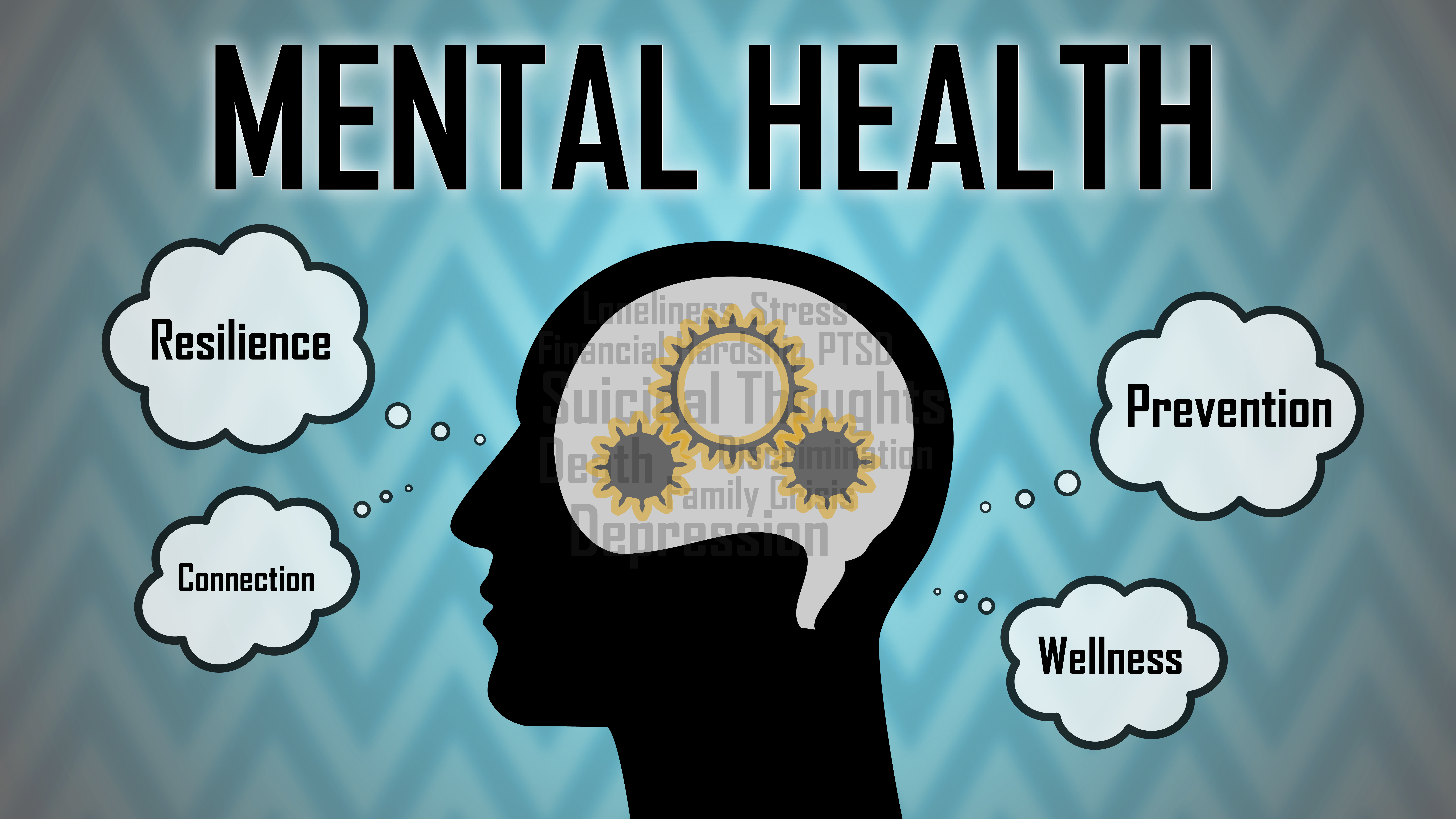Your Guide to Accessing Top Quality Mental Health Services
Your Guide to Accessing Top Quality Mental Health Services
Blog Article
Recognizing the Influence of Workout on Mental Wellness and Total Health
In the world of mental health and wellness and overall health, the value of workout is a complex topic that calls for expedition. Past its physical benefits, the effect of workout on one's mental health has actually been a topic of expanding interest and research study. The intricate interaction between physical activity and emotional well-being introduces a spectrum of favorable results that expand far past the boundaries of a fitness center or a running track. As we navigate through the intricacies of this connection, a much deeper understanding of just how workout influences our mental state and total health arises, clarifying the extensive effects it holds for our day-to-days live and lasting wellness.
Advantages of Workout on Mental Wellness

Routine workout has actually been revealed to considerably boost psychological wellness outcomes in people of every ages. Taking part in routine exercise not just benefits physical well-being but also plays an important role in boosting psychological health and wellness. One of the key benefits of workout is its ability to reduce signs and symptoms of stress and anxiety and clinical depression. Exercise boosts the launch of endorphins, likewise recognized as the "feel-good" hormonal agents, which can aid ease sensations of tension and improve mood.
Furthermore, exercise has actually been linked to boosted cognitive function and total mind wellness. Additionally, exercise advertises far better rest patterns, which are important for preserving excellent mental health and wellness.

Link Between Workout and Stress
Exercise offers as a powerful mechanism for alleviating stress and anxiety and advertising psychological health by facilitating the release of endorphins and cultivating a sense of leisure and rejuvenation. Workout advertises the production of endorphins, frequently referred to as the body's all-natural pain relievers, which act as mood elevators and tension reducers.
Engaging in exercise also provides an interruption from day-to-day stress factors, permitting individuals to concentrate on today moment instead of pondering on sources of stress and anxiety. Furthermore, workout can improve self-confidence and self-confidence, providing a feeling of achievement and control that can fight sensations of vulnerability usually related to tension. By integrating exercise into a regular regimen, people can properly handle anxiety levels, leading to enhanced psychological health and general top quality of life.
Impact of Workout on Mood
The relationship between workout and state of mind is well-documented, with various research studies highlighting the favorable results of physical task on psychological health. Additionally, regular exercise can lead to improved self-confidence and a sense of accomplishment, which can additionally improve one's general mood.
Additionally, the influence of exercise on mood extends beyond simply the instant post-workout duration. Research study recommends that individuals that preserve a consistent exercise routine are more most likely to experience long-term improvements in their state of mind and mood. This can be attributed to the structural modifications in the mind that occur as a result of routine exercise, such as increased connection between brain areas in charge of regulating emotions.
Exercise and Cognitive Feature
Numerous researches have shown the substantial influence of physical activity on cognitive function, highlighting the elaborate partnership between exercise and psychological procedures. Involving in regular workout has actually been shown to enhance different elements of cognitive function, consisting of memory, attention span, problem-solving skills, and general psychological skill.
Furthermore, regular exercise has actually been linked to a minimized threat of cognitive decline and neurodegenerative illness such as Alzheimer's. Research read this post here studies suggest that people that maintain an energetic lifestyle throughout their lives experience slower rates of cognitive decrease compared to those Get More Information that are sedentary. In general, the evidence overwhelmingly supports the concept that regular workout is not only useful for physical health yet also plays an essential duty in protecting and boosting cognitive feature.
Methods for Incorporating Workout
Taking on a structured method to incorporating exercise right into daily routines can significantly boost the chance of preserving a regular workout regimen. One reliable strategy is to establish certain, attainable goals. These goals need to be sensible and tailored to private capabilities to avoid feelings of failure and ensure motivation. In addition, integrating workout into existing routines, such as strolling or cycling to function, taking the stairways as opposed to the elevator, or scheduling normal exercise sessions, can help make physical activity a habitual component of every day life.
One more beneficial method is to discover activities that are delightful. Whether it's dancing, yoga, biking, or swimming, involving in activities that bring satisfaction enhances the opportunities of sticking to the workout routine over time. Varying the types of exercises and setting apart time for both strength-training and cardiovascular activities can protect against monotony and supply an alternative method to physical health and fitness.
Integrating exercise right into social tasks, such as signing up with a sports group or workout team, can additionally cultivate a sense of community support and responsibility, making it simpler to remain devoted to normal workout. By carrying out these strategies, individuals can create a sustainable and fulfilling workout routine that promotes psychological health and wellness and total health.
Conclusion
In verdict, exercise has many benefits for psychological health and overall wellness. By understanding the effect of exercise on mental wellness, people can take aggressive steps to prioritize their physical activity and enjoy the positive results on their emotional and mental state.

Report this page